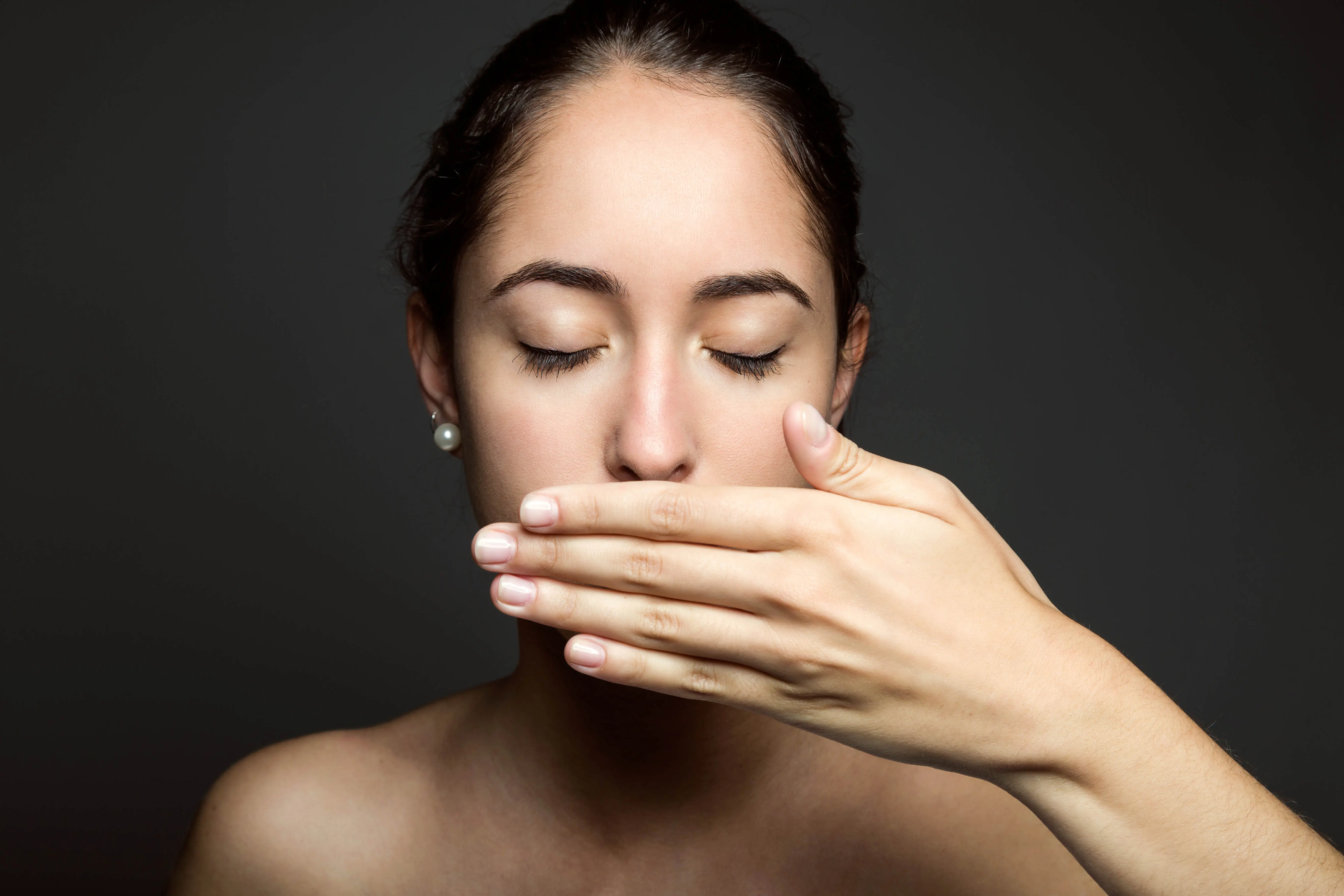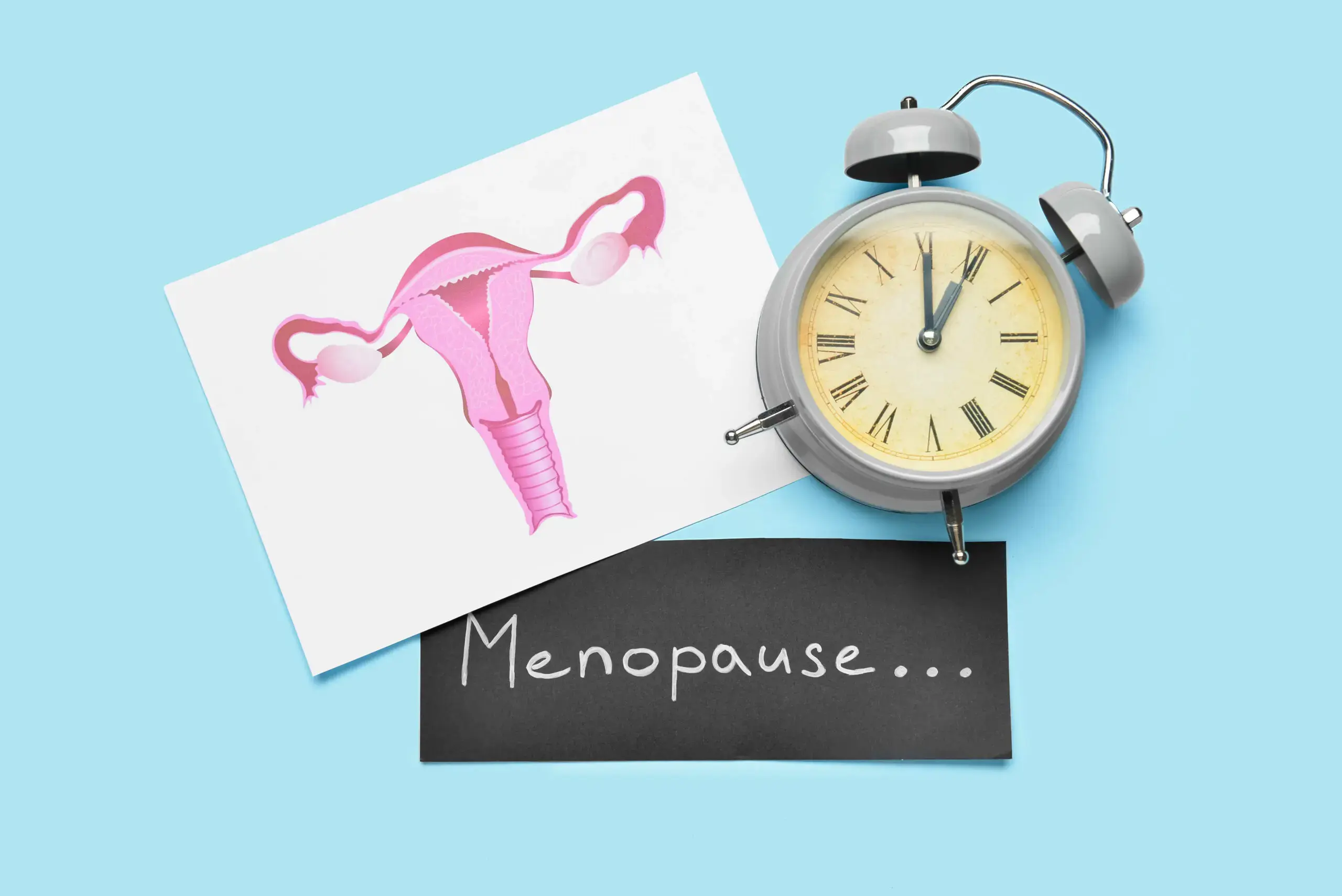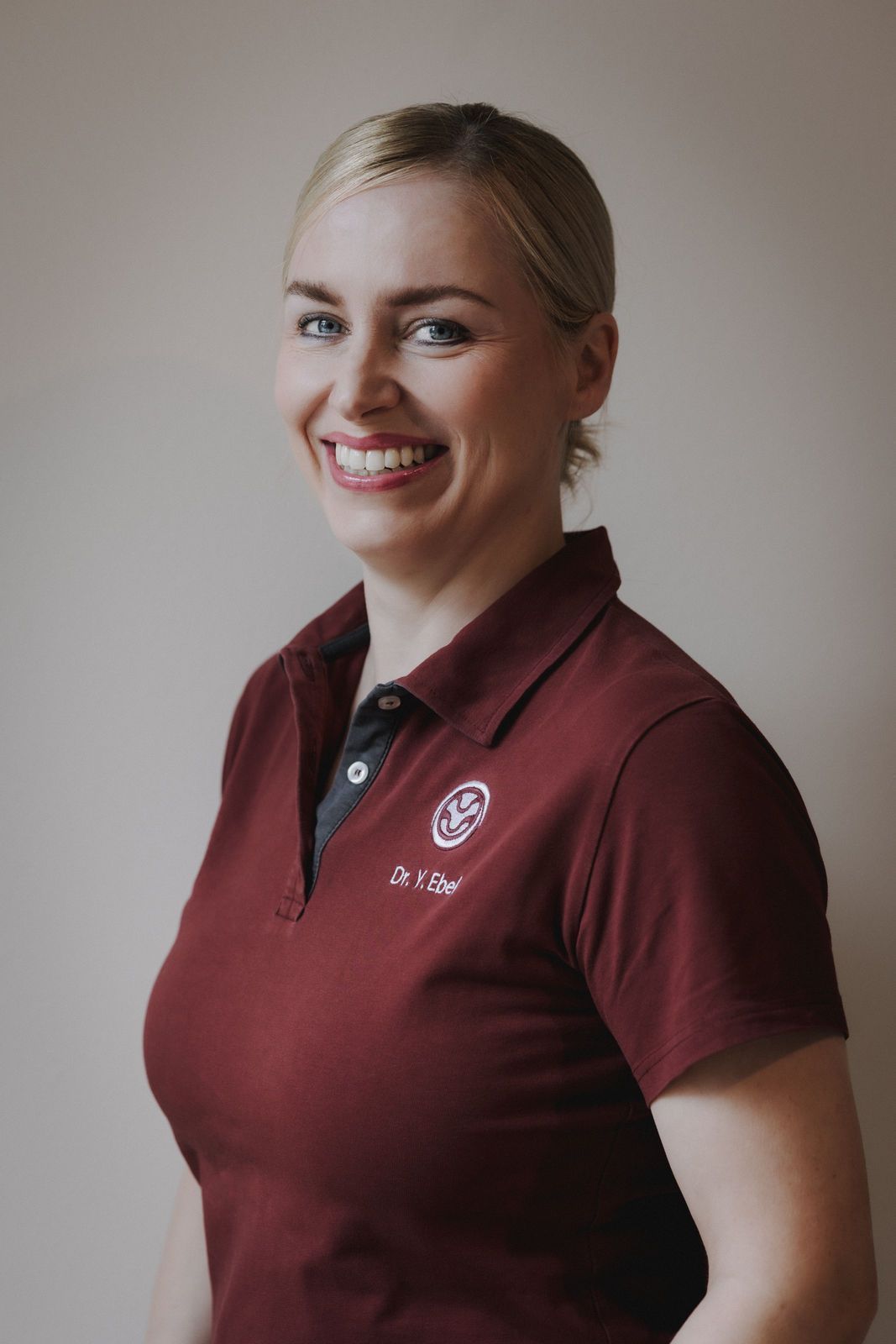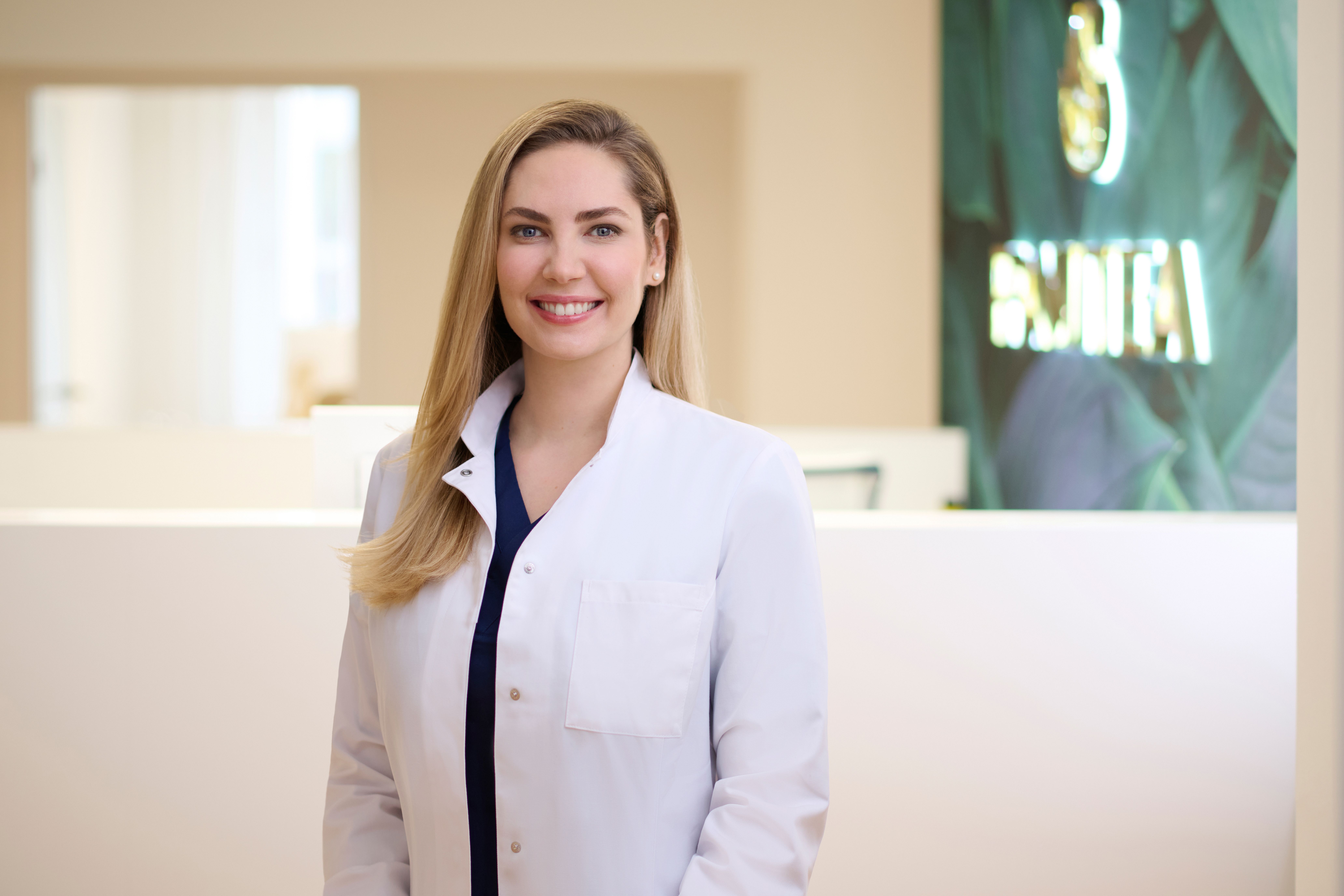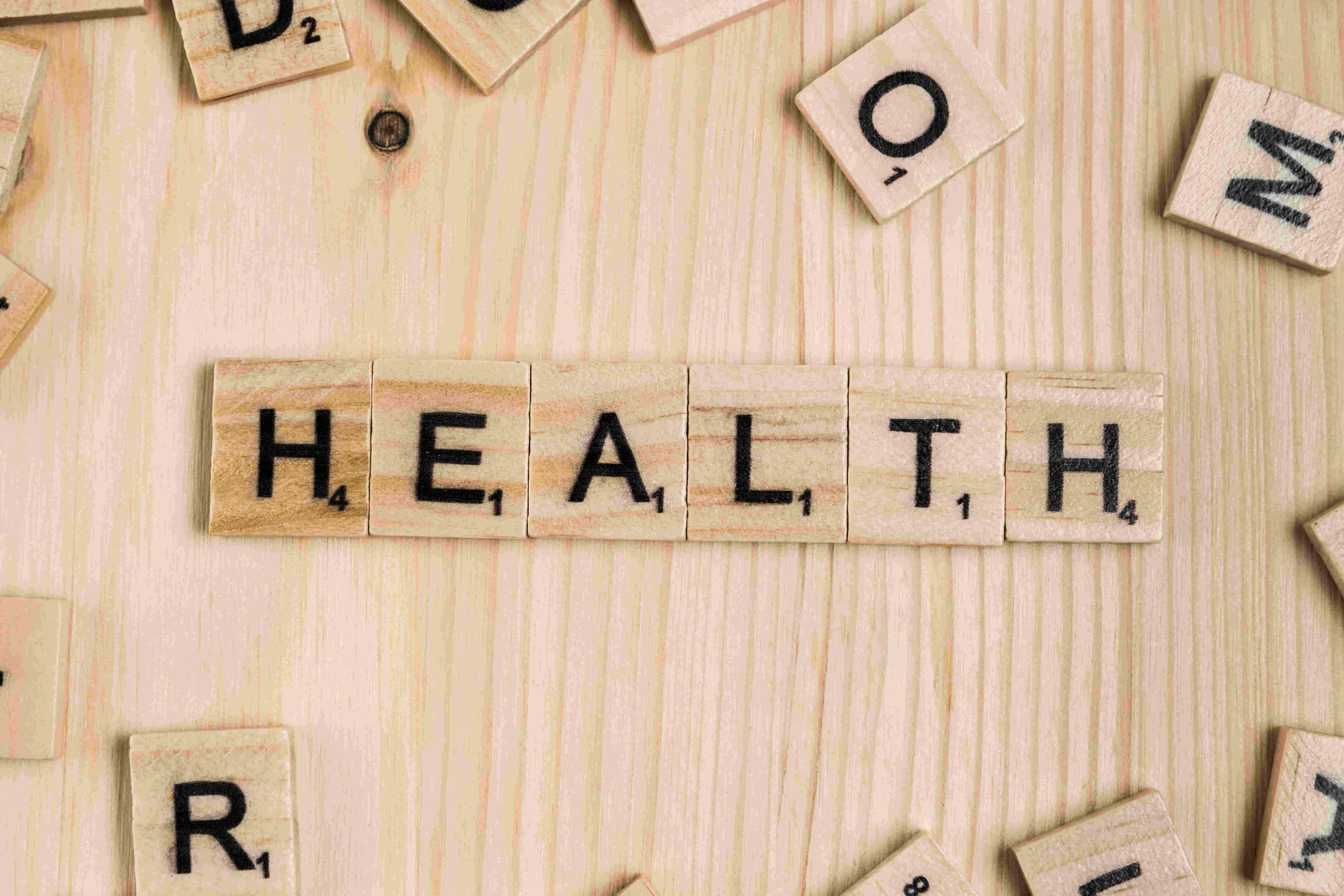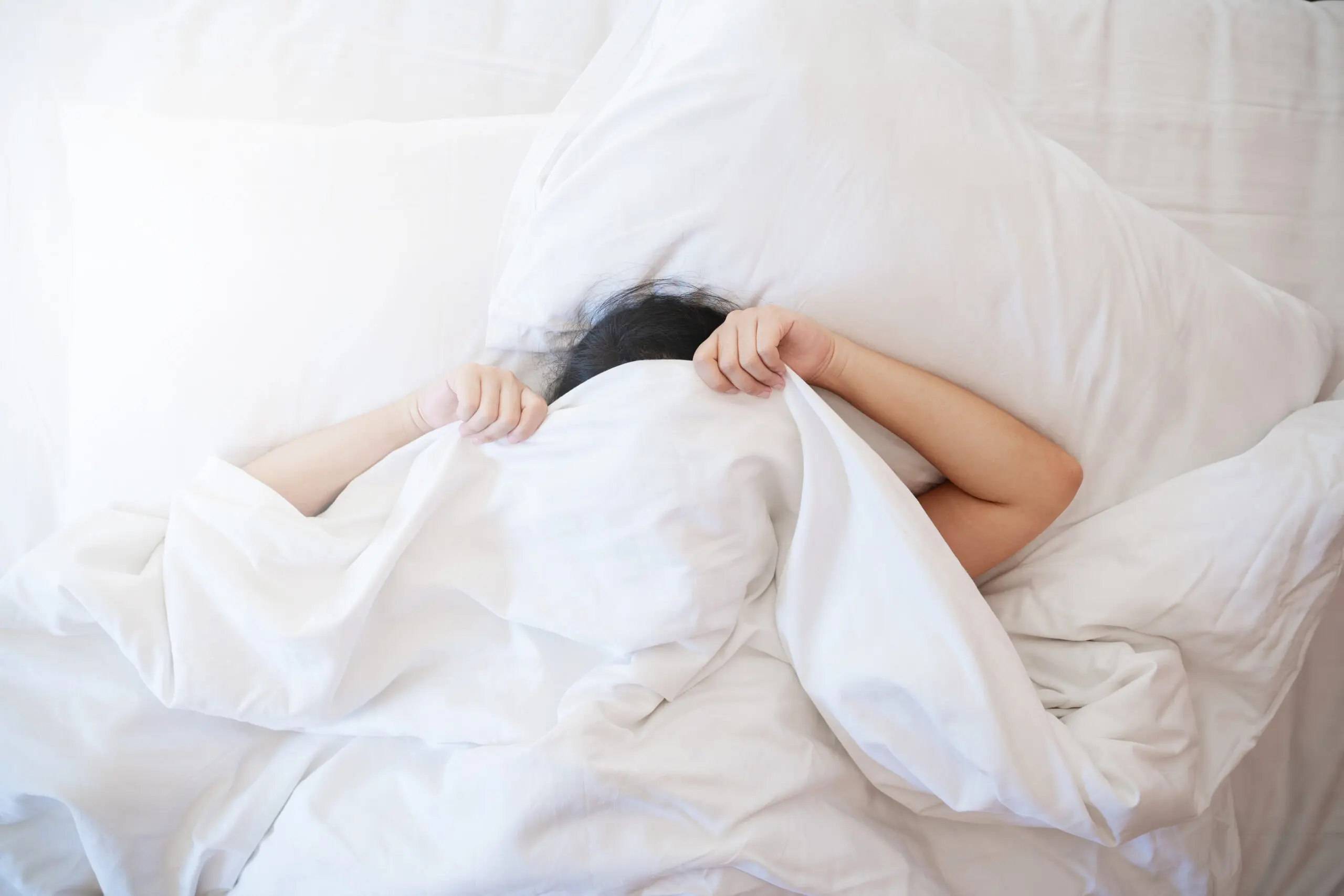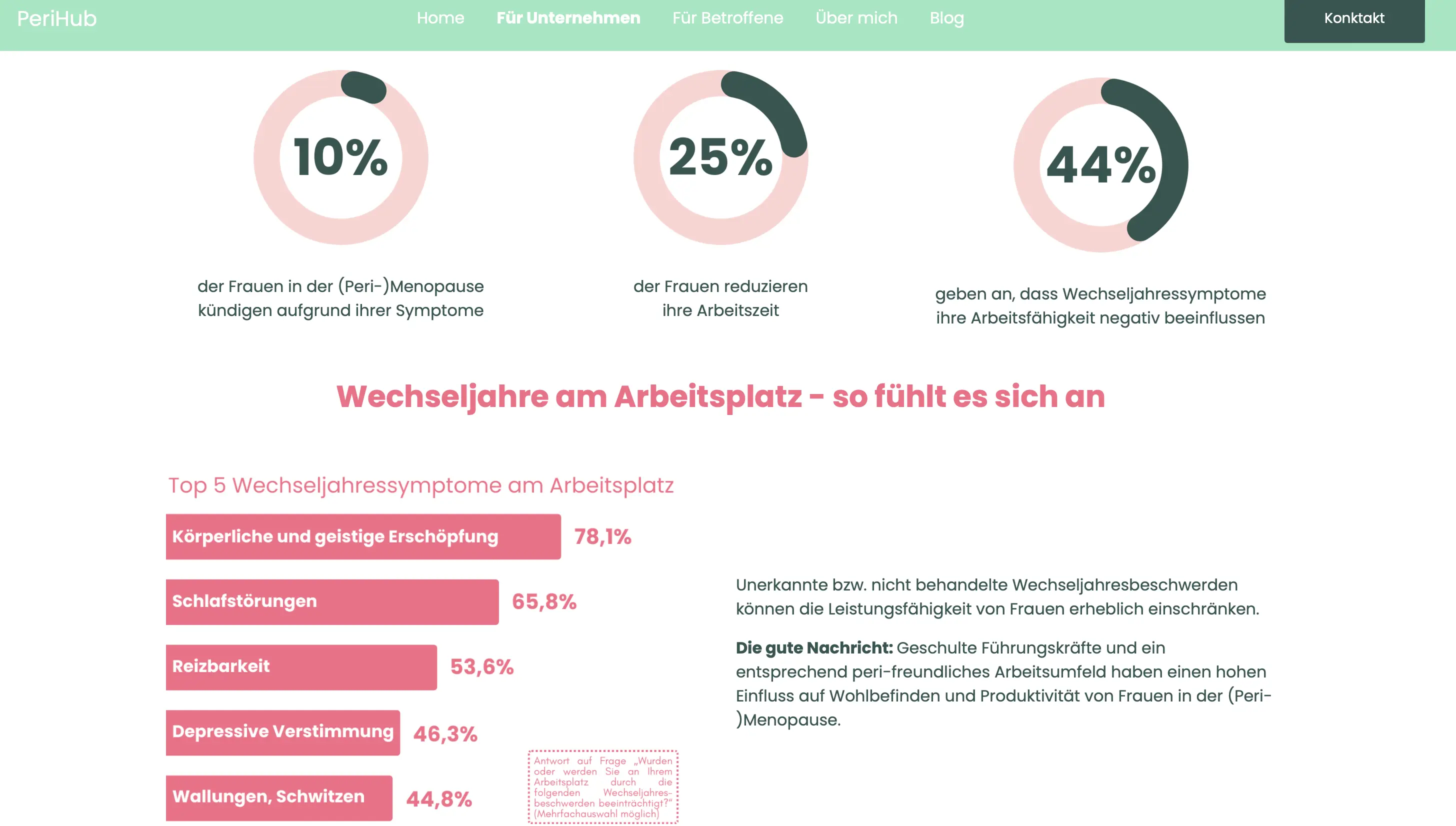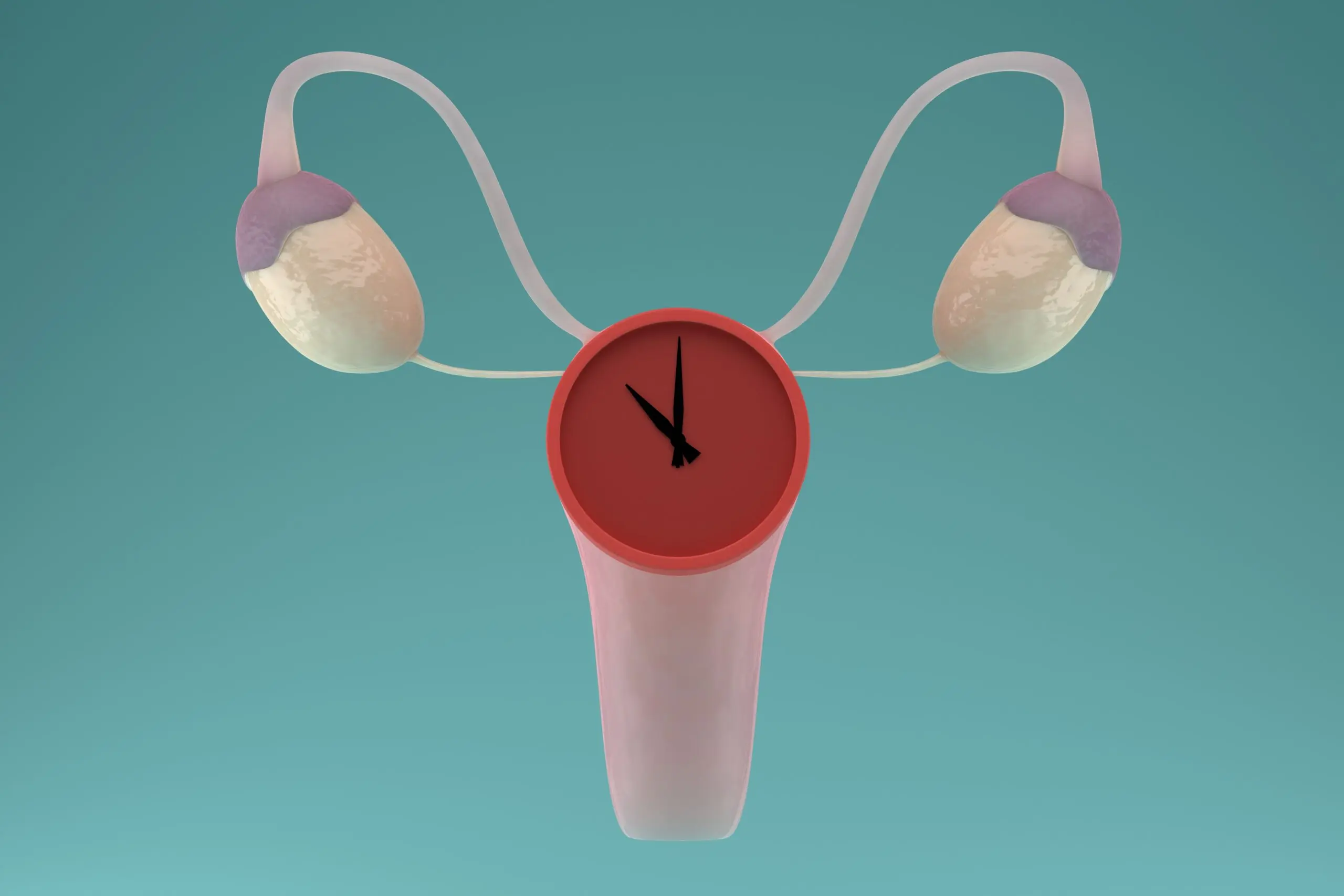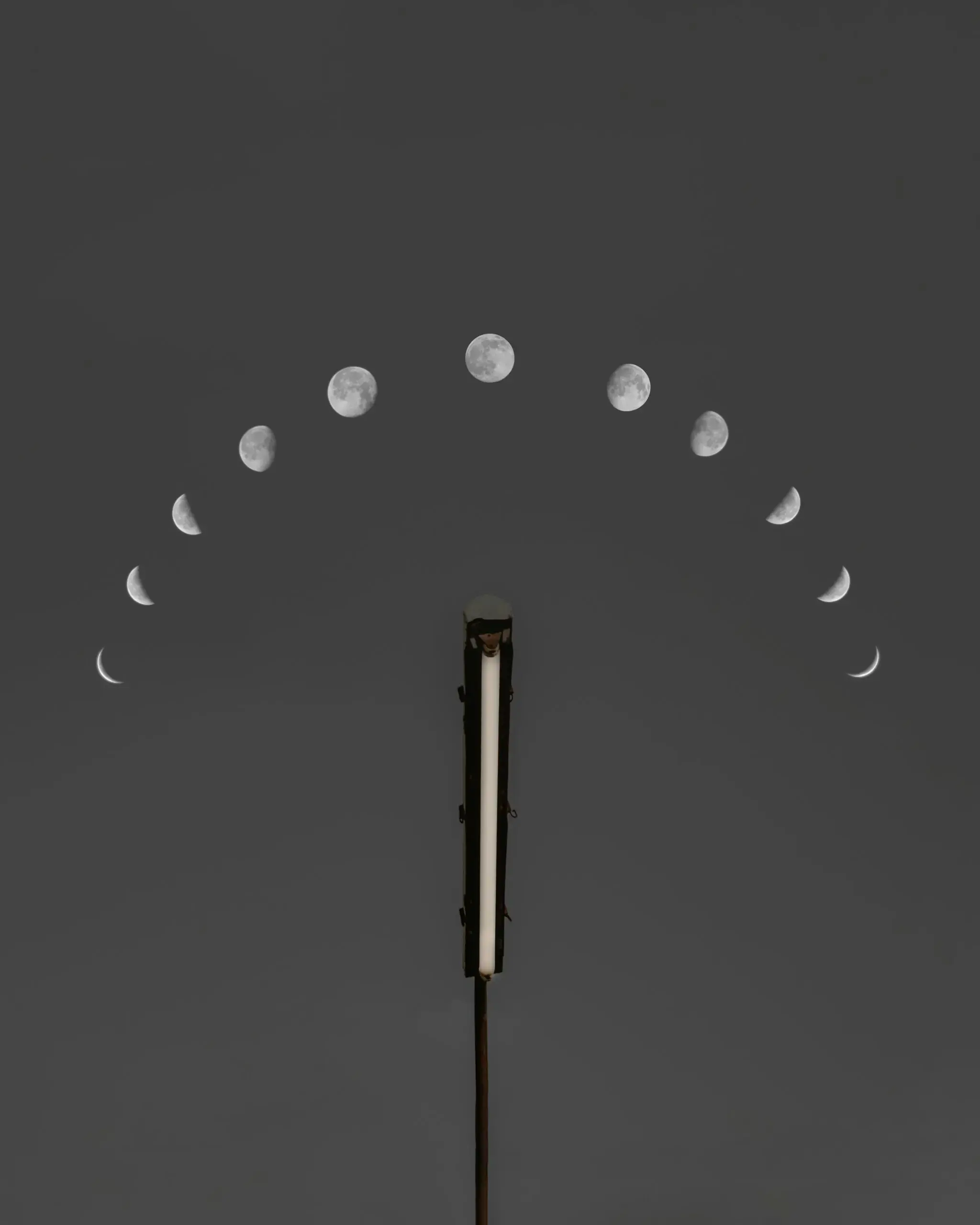Bouts of sadness, exhaustion, and a feeling of powerlessness dominated the daily life of Annunziata Schnurbein until she finally received a diagnosis: perimenopause at 37. To prevent other women from going through the same ordeal, she founded the platform PeriHub. There, she provides information about menopause and its potential effects on (mental) health, raising awareness - Schnurbein is passionately committed to ensuring that the topic of menopause receives the attention it deserves.
What were your first symptoms? At what age did they appear?
Perimenopause initially sneaks in very subtly. Some cycles you have symptoms, some you don’t – depending on whether ovulation still occurs and how good the egg quality is. Therefore, I find it difficult to attribute the onset of my perimenopause to a specific age.
Since I have been tracking my cycle since my early 30s, I would say that the first irregularities like headaches and lack of motivation appeared in my mid-30s. But I was really thrown off course at 37: During a very stressful phase at work, nothing worked anymore, and I could only cry. Diagnosis: burnout.
This was uncharacteristic for me because I am/was someone who handles stressful situations well and approaches new challenges positively and with full energy. At 39, my condition worsened further – even without stress, I could no longer function and was diagnosed with moderate depression.
In addition to the mental symptoms of perimenopause, physical complaints such as leaden exhaustion occurred.
For weeks I suffered from intense bouts of sadness and crying fits that shook me every day. In addition to the mental symptoms, physical complaints such as leaden exhaustion, dizziness, concentration problems, visual disturbances, and a changed body odor occurred. Today I know: All of these can also be menopausal symptoms.
What therapies were prescribed?
Before the diagnosis of "depression" was made, many other possibilities were considered - from Long Covid to multiple sclerosis. These potential diagnoses alone were frightening. In the end, I was prescribed antidepressants (SSRIs) and psychotherapy.
I saw the diagnosis as a great stigma for a long time. I had internalized societal prejudices so much that the label of a "mental illness" further burdened my condition.
How can you tell that a depression is menopause-related?

